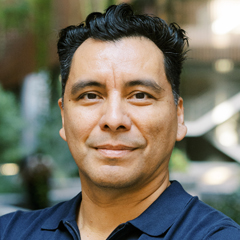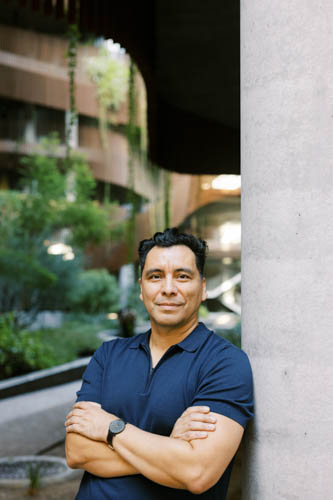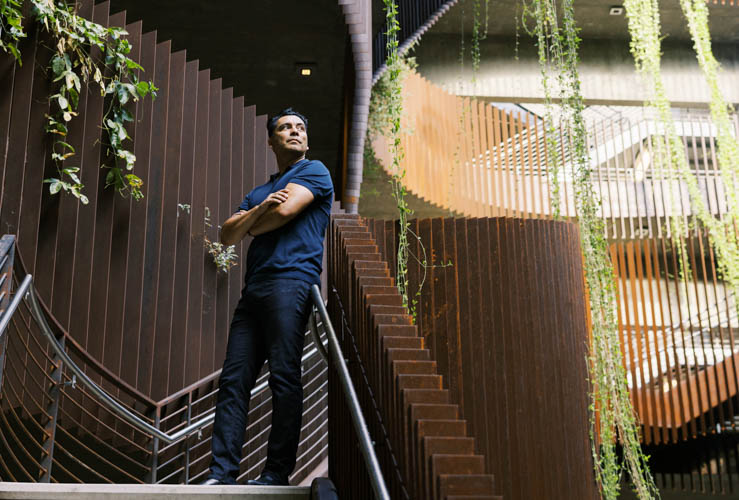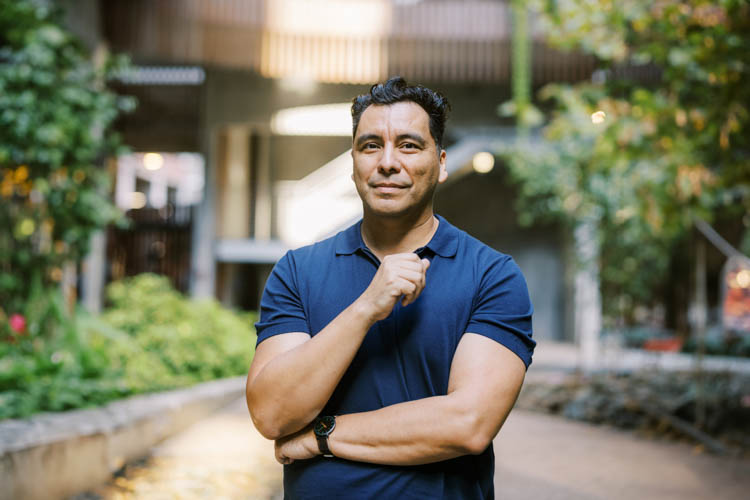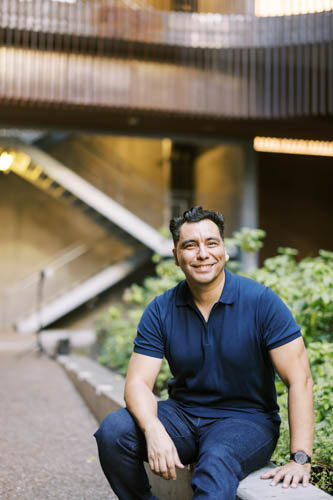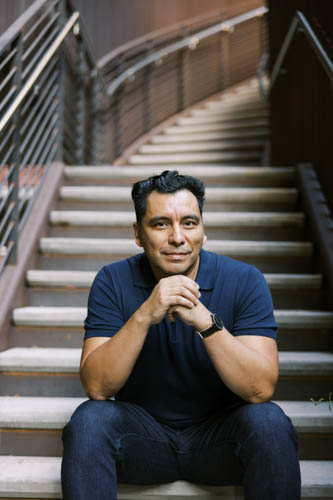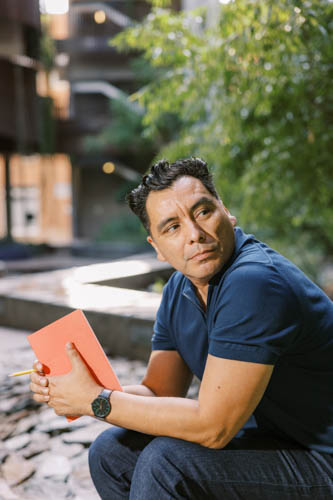About Manuel’s Work
Manuel Muñoz is a fiction writer rendering with empathy and vivid detail the multifaceted lives of Mexican American communities in California’s Central Valley. He roots his stories in the landscape and culture of his upbringing in a Chicano family of farmworkers who made their living in the fields that feed the rest of the country. Muñoz’s nuanced depictions of this world are populated by mothers and sons, U.S.-born citizens and immigrants from Mexico, young gay men, and teenage parents.
Muñoz’s first two story collections, Zigzagger (2003) and The Faith Healer of Olive Avenue (2007), examine the asphyxiating effects of small-town scrutiny from a variety of perspectives. His spare, exquisitely crafted stories explore how people construct public personas to protect their private lives and the emotional turbulence that can roil beneath the surface of everyday, seemingly inconsequential, encounters. In one story, “Bring Brang Brung,” a gay man returns home to the Central Valley with his young son after the death of his partner. He used to look down on the young, single mothers of the community but quickly comes to depend on their help. From the new perspective of a father, he realizes that the women forge their own community of care, one that transgresses social norms and offers mutual aid in the absence of other support systems. With the novel What You See in the Dark (2011), Muñoz experiments with narrative strategies from film noir. He intertwines two stories of violence and voyeurism that take place in late 1950s Bakersfield: a fictional account of the making of Alfred Hitchcock’s Psycho and the fate of a young Chicana woman who dreams of stardom and glamour and is murdered by her White lover.
His most recent collection, The Consequences (2022), offers powerful meditations on racial, gender, and class tensions, the unrelenting hardships of agricultural labor, and everyday experiences of loneliness and longing. Threats of deportation and the strategies family members employ to survive them also feature prominently within the collection. The stories “Anyone Can Do It” and “The Happiest Girl in the Whole USA” grapple with the difficult choices two young, female protagonists must make between acts of kindness, trust, betrayal, and self-preservation after immigration vans have rounded up their husband and partner. Through closely observed, small moments, Muñoz captures the specificity of a region readers seldom see and reveals forms of resilience that come from refusing to surrender to misfortune.







